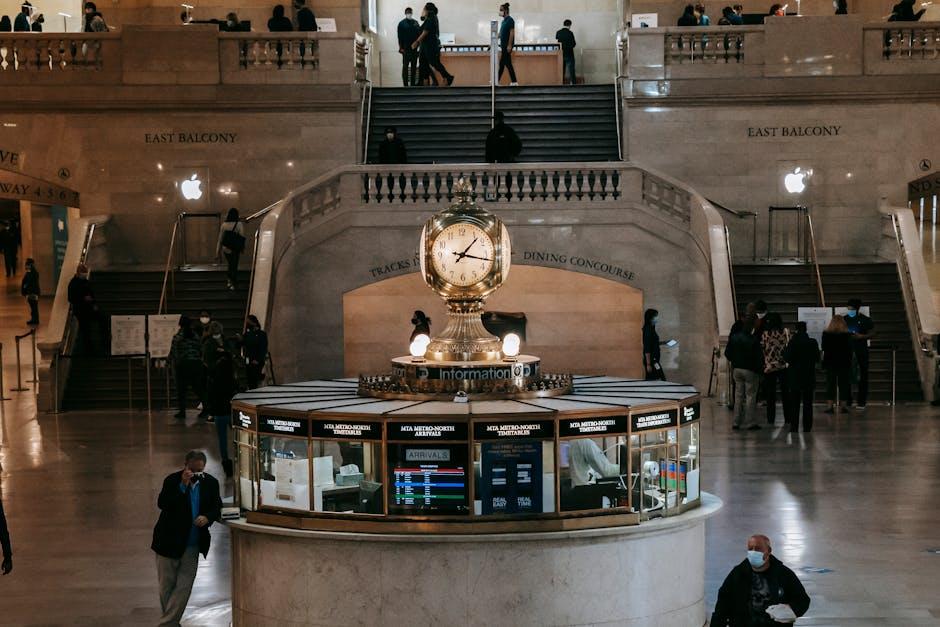YouTube may be planning to give us new AI song generators this year – and this time the music labels could let it happen
Artificial Intelligence (AI) has undoubtedly become a force to be reckoned with, revolutionizing various industries, including music. YouTube, the most popular video platform, is rumored to be working on new AI song generators, which could potentially change the music industry. However, what sets this development apart is that this time, the music labels might be more open to letting it happen.
In recent years, AI has been successfully utilized by artists and creators to compose and produce original music. From generating melodies to crafting lyrics, AI algorithms have proven their capabilities to create high-quality compositions. This has led to debates on copyright and ownership, with music labels expressing concerns about potential copyright infringement or undercutting artists’ revenue streams.
However, YouTube’s potential entry into the AI music generation space may have a different outcome, thanks to the evolving landscape and increasing acceptance of AI-generated music. Conversations between YouTube and music labels suggest that the platform is taking a collaborative approach, working with industry experts and seeking their approval before launching any AI-powered tools.
While specific details regarding YouTube’s AI song generators are scarce, experts speculate that the platform’s primary focus would be to provide creators with AI-generated backing tracks or instrumental compositions. By offering a library of pre-created music that aligns with various moods, genres, or themes, YouTube aims to simplify the music creation process for content creators on its platform.
The acceptance of this collaboration by music labels signifies a shifting mindset within the industry. Previously, labels were cautious about AI-generated music, as it raised concerns about the role of artists and the potential impact on their livelihoods. However, with the success and growing popularity of AI-generated tracks, labels are recognizing the value of these tools in enabling creativity, collaboration, and expression.
By embracing AI-generated music within their infrastructure, music labels could tap into a vast resource of diverse and unique compositions. This partnership could pave the way for new revenue streams, as labels could license AI-generated music to content creators or collaborate with AI-fueled artists, further expanding their catalog and audience reach.
Moreover, AI-generated music has the potential to democratize music production, making it accessible to a wider audience. Those who may not have formal training in music composition or access to expensive equipment can now experiment and create original works with the help of AI tools. This, in turn, can foster a more egalitarian music industry, where creativity knows no boundaries.
While the acceptance of AI-generated music by music labels is a positive step forward, there are still important questions to consider. How will artists and songwriters protect their intellectual property rights? How does AI-generated music affect the creative process for human artists? Can AI ever truly replace human emotions and experiences in music composition?
As AI continues to evolve, it is essential to find a balance that harnesses the potential of technology while preserving the integrity and value of human creativity. It is crucial for platforms like YouTube and music labels to collaborate closely with artists and experts to shape the future of AI-generated music responsibly.
In conclusion, YouTube may be on the verge of introducing new AI song generators, with the potential support of music labels. This collaborative approach could signify a significant shift in the music industry’s perspective on AI-generated music, offering opportunities for artists while exploring new avenues for revenue generation. While challenges remain, this development has the potential to democratize music production, making it accessible to a wider audience and fostering innovation in the creative space.

